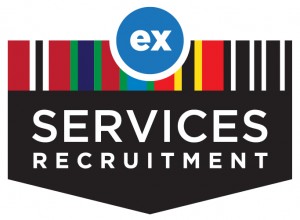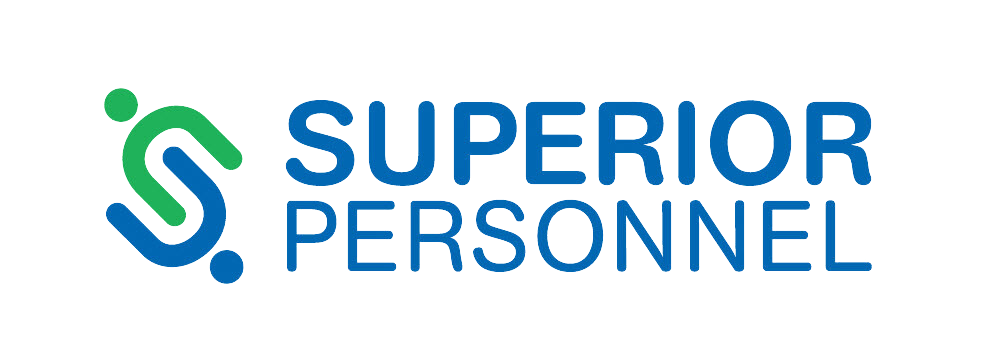Communication is the key
Job hunting can be a stressful time. There are so many steps involved starting from reflecting upon your new career interest, doing industry research, updating your resume, searching for available roles, filling applications, writing cover letters and emails, waiting to hear back from the hiring manger regarding the process, often having to clear multiple rounds of interviews (written, verbal and in person) before finally getting the job.
It’s a tough process and requires constant nurturing in order to optimize your potential. One size doesn’t fit all when it comes to job hunting. There are many different factors involved which need to be considered in order to increase successful results. However an essential component in the whole process is communication. This has the potential to make or break the outcome. It’s a fine line to walk on and often candidates get the balance wrong.
Too little communication shows lack of engagement and fails to make an impression upon the hiring manager. Personality and attitude are significant factors in interviews. Be honest when talking about your previous history. Whether it be work or personal issues, these tend not to stay hidden especially when reference checks, police checks and drugs and alcohol tests are conducted. It is best to be honest and tactful when discussing these issues, as hiding it will only put your eventual outcome at risk. Candidates also need to make sure they are contactable, preferably by email and by telephone so the hiring manager can stay in touch with them. Hard to reach candidates are likely to fall off the hiring managers radar much before anything else so make sure that the hiring manager is aware of your best points of contact.
On the other hand too much communication can also have a negative impact. Hiring managers do not need to know each and every detail about your previous work grievances or personal life. The truth is important but it should be presented in a tactful manner. Candidates also need to be able to follow instructions when been given a specified timeframe for expected answers. Hiring managers also need time to follow up on their work and calling repeatedly or emailing to know the outcome will not influence your chances of getting the job, and will probably just result in forming a negative impression. As a follow up, emails are the best mode of communication as it allows the hiring manager to respond at their own time.
All in all, it comes down to achieving the right balance between too little and too much communication. Communication is fundamental to performance and thus it pays to make sure it is used appropriately. After all communication is the key to success.



